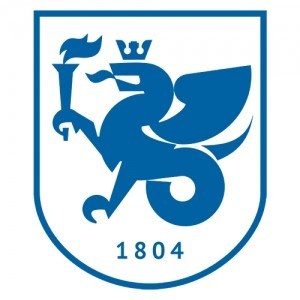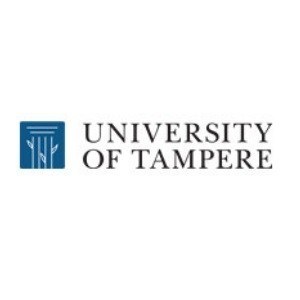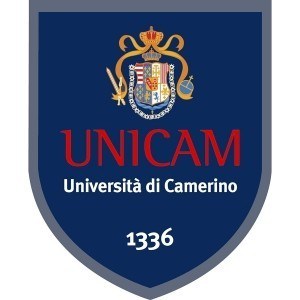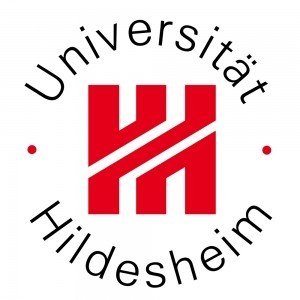Photos of university / #ucl
The MSc in Data Science for Health and Biomedicine at University College London is a cutting-edge program designed to equip students with the essential skills and knowledge required to analyze complex health and biomedical data effectively. This interdisciplinary course combines the principles of data science, machine learning, statistics, and informatics with a deep understanding of biomedical and healthcare contexts. Students will explore various methods for extracting insights from large-scale datasets, including genomics, clinical notes, medical imaging, and electronic health records, all crucial for advancing personalized medicine and improving patient outcomes. The program emphasizes practical experience through hands-on projects, internships, and collaborative research with leading experts in the field. Participants will learn to develop algorithms, build predictive models, and implement data-driven solutions tailored to biomedical challenges. The curriculum covers core topics such as data management, programming in R and Python, statistical analysis, machine learning techniques, and ethical considerations related to biomedical data. By engaging with real-world datasets and problem-solving scenarios, students will develop the analytical skills necessary for roles in healthcare technology companies, research institutions, and biomedical startups. The program also offers the opportunity to specialize in areas like health informatics, bioinformatics, or medical imaging, enabling students to tailor their learning to their career interests. Throughout the course, students will benefit from UCL’s strong connections with the NHS and biomedical industry, providing valuable networking opportunities and exposure to the latest innovations in health data science. Completion of this program prepares graduates for a diverse range of careers, including data analyst, bioinformatician, health informatics specialist, or research scientist, contributing to the advancement of medicine and healthcare through data-driven approaches.
Students learn how to design and carry out complex and innovative clinical research studies that take advantage of the increasing amount of available data about the health, behaviour and genetic make-up of small and large populations. The content is drawn from epidemiology, computer science, statistics and other fields, including genetics.
Students undertake modules to the value of 180 credits.
The programme consists of five core modules (75 credits), three optional modules (45 credits) and a dissertation/report (60 credits).
A Postgraduate Diploma (120 credits) is offered.
A Postgraduate Certificate (60 credits) is offered.
Core modules
- Principles of Epidemiology Applied to Electronic Health Records Research
- Data Management for Health Research
- Statistics for Epidemiology and Public Health
- Statistical Methods in Epidemiology
- Topics in Health Data Science
Optional modules
- Advanced Statistics for Records Research
- Database Systems
- Information Retrieval and Data Mining
- Principles of Health Informatics
- Machine Learning in Healthcare and Biomedicine
- Statistics for Interpreting Genetic Data
Dissertation/report
All students undertake an independent research project which culminates in a dissertation.
Teaching and learning
The programme is delivered by clinicians, statisticians and computer scientists from UCL, including leading figures in data science. We use a combination of lectures, practical classes and seminars. A mixture of assessment methods is used including examinations and coursework.
A minimum of an upper second-class Bachelor's degree, or equivalent, in a clinical or a scientific discipline with a significant computational or mathematical element.
The MSc in Data Science for Health and Biomedicine at University College London offers a range of financing options to support students throughout their studies. Prospective students are encouraged to explore funding opportunities early to ensure they can maximize available resources. UCL provides several scholarships and bursaries specifically aimed at postgraduate students, which are awarded based on academic merit, financial need, or specific eligibility criteria. The UCL Graduate Support Scheme, for example, offers financial aid to eligible students, with awards varying in amount and eligibility requirements. Additionally, external funding sources such as government loans, research council grants, and private scholarships may also be applicable. Students are advised to consult the UCL Scholarships and Funding webpage for detailed information about current opportunities, application procedures, and deadlines. Many students finance their studies through a combination of government student loans and personal savings. For international students, funding options may differ, and they should explore specific scholarships available to them on the university’s international student funding pages. UCL also provides advice and guidance on budgeting and financial planning for postgraduate study. Some students may choose part-time work or assistantships to supplement their income, which can also provide valuable professional experience. Overall, financing studies in this competitive and innovative programme requires careful planning and proactive engagement with the available funding sources. The university’s commitment to financial support aims to reduce barriers to higher education, enabling talented students from diverse backgrounds to pursue advanced studies in Data Science for Health and Biomedicine.
The MSc in Data Science for Health and Biomedicine at University College London is a specialized postgraduate program designed to equip students with the skills and knowledge necessary to analyze complex health and biomedical data. This course aims to prepare graduates for careers in research, healthcare, and data-driven decision-making by providing a solid foundation in data science techniques tailored to health sciences. The curriculum covers a wide range of topics including statistical analysis, machine learning, data management, and computational methods, all within the context of health and biomedicine. Students gain practical experience through collaborative projects, workshops, and real-world datasets, fostering their ability to translate data insights into meaningful healthcare innovations. The program is suitable for individuals with backgrounds in computer science, biology, medicine, or related fields who are interested in advancing their expertise in health data analytics. Situated within UCL’s robust research environment, students benefit from access to cutting-edge facilities and connections with leading experts in biomedical research. Graduates of the program are well-equipped to contribute to clinical research, health informatics, pharmaceutical research, or policy development. The program typically involves coursework, practical labs, and a dissertation component, allowing students to integrate theoretical knowledge with practical application. Given the rapid growth of health data and the increasing importance of data-driven approaches in medicine, this MSc offers valuable skills for the evolving health sector. Entry requirements usually include a relevant undergraduate degree, proficiency in English, and a demonstrable interest or experience in data science or health sciences. Overall, the MSc in Data Science for Health and Biomedicine at UCL bridges the gap between data science and healthcare, fostering interdisciplinary expertise necessary for innovative solutions in the biomedical field.










